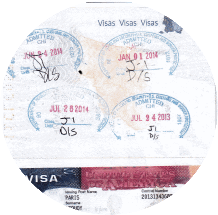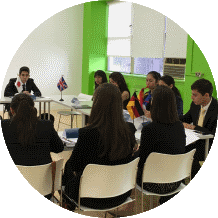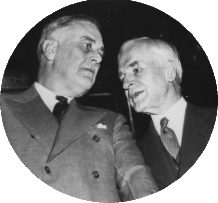New J-1 Visa Teacher Regulations released 2-29-2016 |
Primary provisions of new regulations published in the Federal Registry effective February 2016 are listed here. Some changes and additions affect recruitment of new teachers.
1. 4th and 5th-year extensionJ-1 teachers at the K-12 level now have the option to apply for an additional two-year extension. Schools must write a support letter explaining what benefits they expect to receive directly from this specific teacher from staying for an additional two years. Teachers must write a cultural activity report. 2. 2-year BarK-12 Teachers are now subject to a 2-year bar at the end of their J-1 visa tenure. It means that candidates are now ineligible if they lived in the US during the previous two school years. At the end of their current tenure, teachers must return to their home countries for two full years before returning again in any J-1 Visa status. There are 15 categories of J-1 visas, of which K-12 teachers are only one. 3. Cultural Activity ReportNow due to CHF each year from all J-1 teachers by March 15. CHF video explaining how to write the report: English: www.vimeo.com/186321711 Interactive form: www.cordellhull.com/forms 4. Cost of Living EstimateNow due to CHF from each school to send to new teachers in advance summarizing all the costs s/he can expect to incur in the first year in the US. The CHF interactive form is on this link: www.cordellhull.com/forms 5. Hours per week: 32Candidates must be working full-time (32 hours) during the current school year, not serving as school principals, curriculum coordinators, or in other staff positions. Part of the work schedule may, of course, be allocated to preparation and other similar duties of their American counterparts working in the same school or district. 6. Previous experienceCandidates must have at least two years’ experience teaching at the same level as they will teach in the US – either Kindergarten, elementary, middle or high school. The number of years was reduced; previously, the minimum experience was three years. University professors or language-school instructors who have never taught in a K-12 school or have only taught adults are no longer qualified. For instance, it eliminates a teacher who USED to be a K-12 teacher but is now working as a university professor for the year or years prior to applying to work in the US, s/he IS NOT QUALIFIED for the K-12 J-1 teacher category. The Cordell Hull Foundation is currently appealing the State Department to accept University professors from China in the Hanban program to teach foreign language in public schools, as those professors are certified to teach not only university but also at the K-12 level, and the Chinese government pays their salary and round-trip airfare to work in US public schools. Most of these public schools do not have the public funds to hire a foreign-language teacher. And the Chinese government does not have a sufficient number of qualified K-12 teachers to send abroad to teach in other countries. CHF feels that this regulation is unnecessarily depriving public school children of highly qualified native speaking Chinese teachers at no cost to US taxpayers. 7. CertificationCandidates must be qualified to teach at the K-12 level in their home country. That means they either taught in a full-time position at the K-12 level in their home country for at least one full school year or they possess a teaching certification from their home country. |






